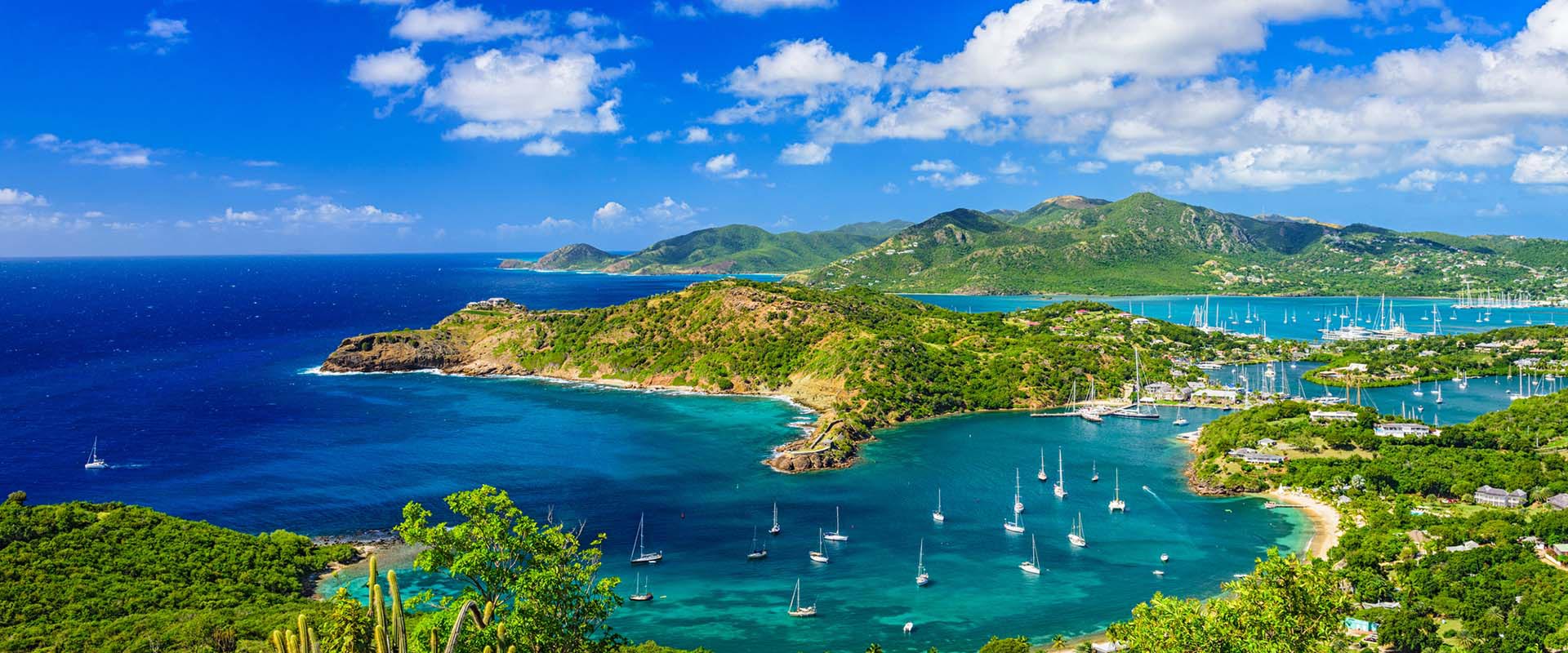Trinidad's carnival, often touted as "the greatest show on Earth," is a vibrant celebration famed for its elaborate costumes and lively events. However, its environmental footprint is substantial, generating around 3.4 tonnes of waste annually, according to the local sustainability initiative Carnicycle. Co-founder Danii McLetchie emphasizes the negative environmental impacts of carnival, particularly through the significant CO2 emissions associated with producing costumes.
To tackle this issue, Carnicycle has launched a recycling program that collects discarded costume pieces, which are often thrown away or incinerated after the festival. Danii’s team recently reported salvaging around 10,000 costume pieces, stripping down unwanted materials for reuse. These remnants are then sold to costume designers and members of the burlesque community, while the company also offers rentals of popular costume components, aiming to alleviate the burden of weight and cost.
In addition to Carnicycle’s initiatives, lawyer Aliyah Clarke and fashion designer Kaleen Sanois have launched "2nd Closet," a pop-up thrift store where individuals can buy and sell pre-owned carnival outfits. They are also producing helpful video content on repurposing costumes into everyday wear, creating a movement for sustainable fashion post-carnival.
Moreover, parties such as “Fete with the Saints” are adopting eco-conscious practices, utilizing biodegradable utensils and reusable drinkware while employing "bin detectives" to ensure proper recycling. With their collaborative efforts, they have successfully diverted significant volumes of waste from landfills, promoting an eco-friendly spirit without dampening the celebratory atmosphere of the carnival.
The enthusiasm for these sustainable practices indicates a growing awareness and commitment to protecting the environment during one of the Caribbean’s most cherished celebrations, illustrating that fun and eco-friendliness can indeed go hand in hand.
To tackle this issue, Carnicycle has launched a recycling program that collects discarded costume pieces, which are often thrown away or incinerated after the festival. Danii’s team recently reported salvaging around 10,000 costume pieces, stripping down unwanted materials for reuse. These remnants are then sold to costume designers and members of the burlesque community, while the company also offers rentals of popular costume components, aiming to alleviate the burden of weight and cost.
In addition to Carnicycle’s initiatives, lawyer Aliyah Clarke and fashion designer Kaleen Sanois have launched "2nd Closet," a pop-up thrift store where individuals can buy and sell pre-owned carnival outfits. They are also producing helpful video content on repurposing costumes into everyday wear, creating a movement for sustainable fashion post-carnival.
Moreover, parties such as “Fete with the Saints” are adopting eco-conscious practices, utilizing biodegradable utensils and reusable drinkware while employing "bin detectives" to ensure proper recycling. With their collaborative efforts, they have successfully diverted significant volumes of waste from landfills, promoting an eco-friendly spirit without dampening the celebratory atmosphere of the carnival.
The enthusiasm for these sustainable practices indicates a growing awareness and commitment to protecting the environment during one of the Caribbean’s most cherished celebrations, illustrating that fun and eco-friendliness can indeed go hand in hand.





















